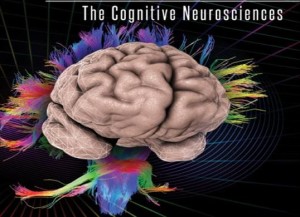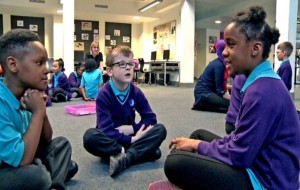ABSTRACTS 1st SESSION
Neuroscience and Education: Teaching with the brain in mind
Roberto Cubelli
 Cognitive neuroscience is a multifaceted research field that is concerned with the study of the neurobiological processes and aspects that underlie cognition and interaction with the environment .
Cognitive neuroscience is a multifaceted research field that is concerned with the study of the neurobiological processes and aspects that underlie cognition and interaction with the environment .
Recent developments in cognitive neurosciences offer principles, models and suggestions which can guide and inspire the teaching practice and the learning strategies.
The achievements in neuroscience researches, if confronted with traditional teaching contents, models and experiences, can foster fruitful discussions on more effective conditions in which successful learning can occur.
The “Superpowers” we can teach children
Ed Fidoe
A common topic in education debates is the call to teach ‘21st Century skills’. Often people disagree about what these skills are, how we teach them or whether we should pay any attention to what may be just a passing fad anyway.
But what if we stopped worrying about ’21st Century skills’ and focused instead on teaching children the superpowers that have been vital since our societies began?
Skills like speaking powerfully in a range of contexts, using feedback to create multiple drafts of a beautiful piece of work, or how we could support the needs of our community?
 These are still areas which schools are consistently poor at developing, often because they are not assessed by the education systems. But we can be pretty sure that these skills are not passing fads, and we may even have a chance to unite traditional and progressive thinkers around them.
These are still areas which schools are consistently poor at developing, often because they are not assessed by the education systems. But we can be pretty sure that these skills are not passing fads, and we may even have a chance to unite traditional and progressive thinkers around them.
Questions that Ed will explore include:
- How do we practically develop these attributes in school?
- What implications does it have for teachers?
- Does it negatively affect exam results?
- What is stopping more schools doing it today?
Using Neuroscience to Improve Learning and Cognition
Roi Cohen Kadosh
Learning difficulties and behavioral disorders are linked to abnormalities in certain brain areas, and are associated with severe educational and career consequences. Cognitive interventions and special education show only limited success for improvement. In order to alleviate the burden on the affected individuals and society as a whole, we need to target the neural systems that are involved in learning and cognition.
 Transcranial electrical stimulation (tES) is a painless, promising neuromodulation tool that have shown the capacity to modify behavior and brain functions with long-term effects.
Transcranial electrical stimulation (tES) is a painless, promising neuromodulation tool that have shown the capacity to modify behavior and brain functions with long-term effects.
I will present few examples on the potential of using tES to change cognitive performance that is critical for the classroom setting.
While most of the data at this stage comes from healthy adults, I will also present pilot data on children with mathematical learning difficulties, which examined the potential of this tool to improve learning and cognition of those with learning difficulties.
How we, students at ESBZ, achieve autonomy and face challenges
Ivy Kussmaul e Anselm Ferdinand Bresgott
- Introduction
→ Who are we?
→ What is our school like?
→ Why are we here today? What is our goal today?
- How children and young people are empowered at our school
→ Learning Office
→ Responsibility Project
→ Challenge and Challenge Abroad
- What is responsibility?
→ Definition and how it changed
→ Why do we have to change our concept of empowerment in children?
-
 Why is it important to empower young people to take on responsibility from early on?
Why is it important to empower young people to take on responsibility from early on?
→ We today face many challenges such as climate change, polarisation of our society,
growing disparity between rich and poor, refugee crisis, … …
→ We need empowerment for children for our democracies, and to enable them to solve
these problems
- It’s worth it!







